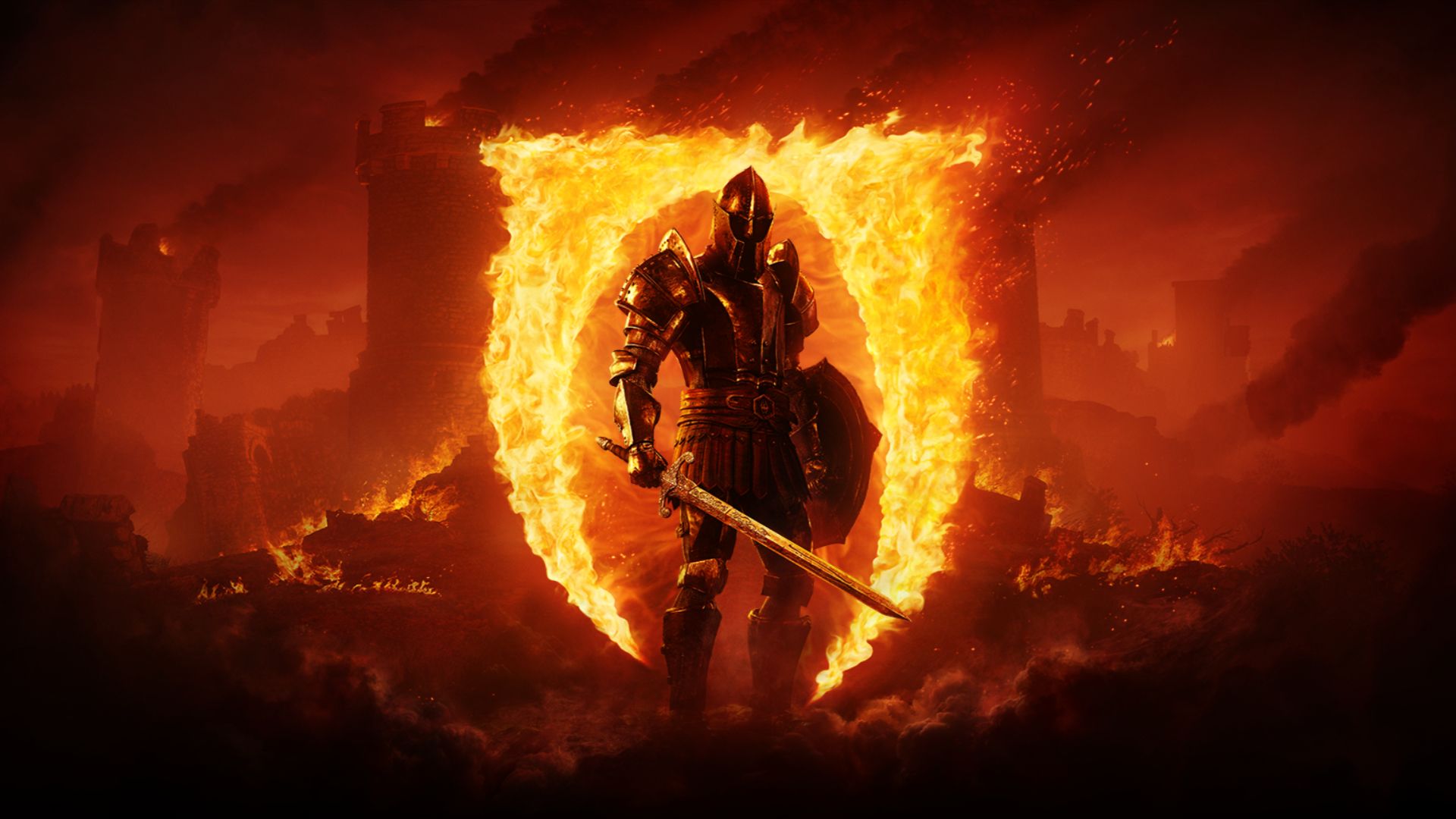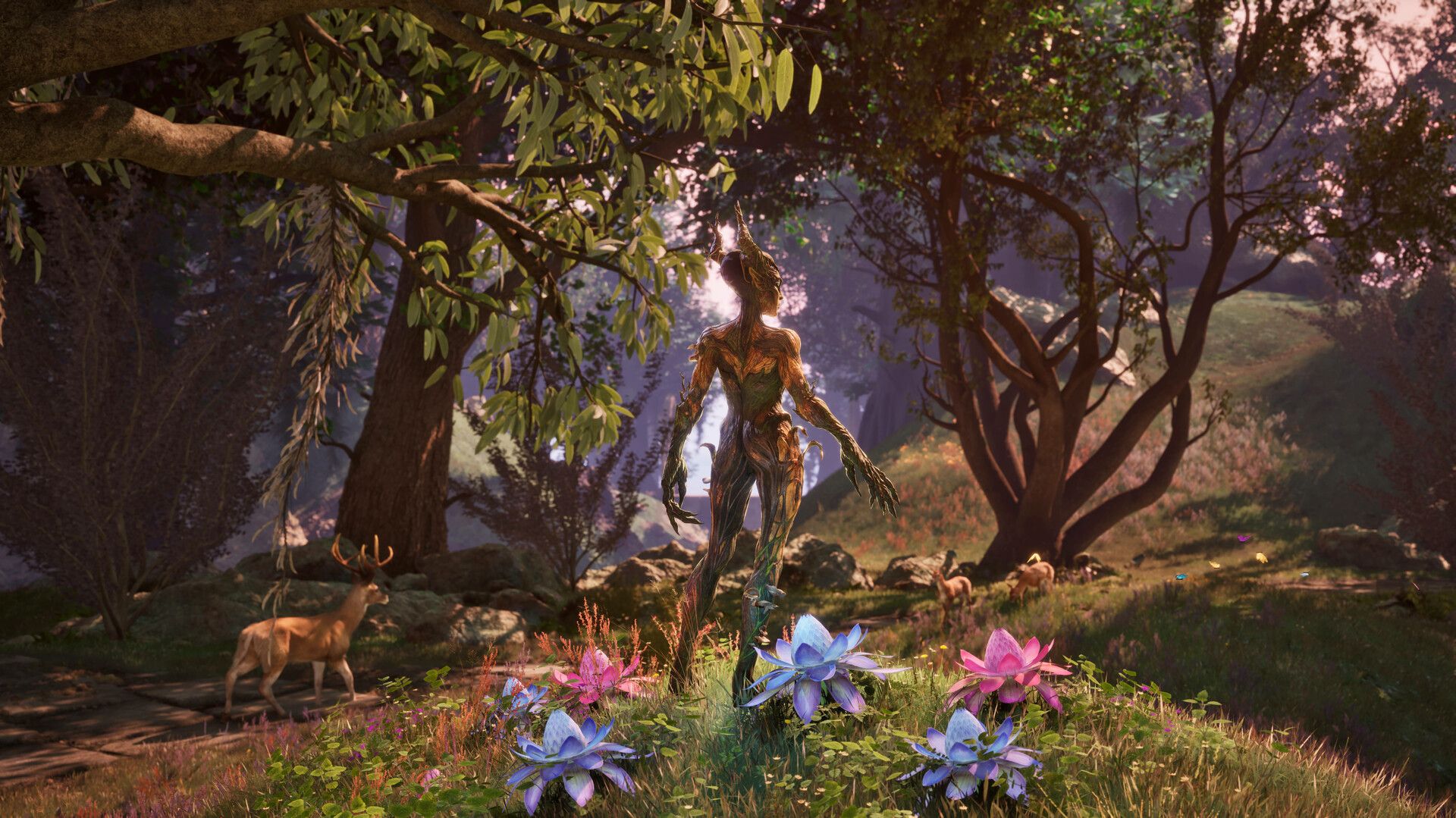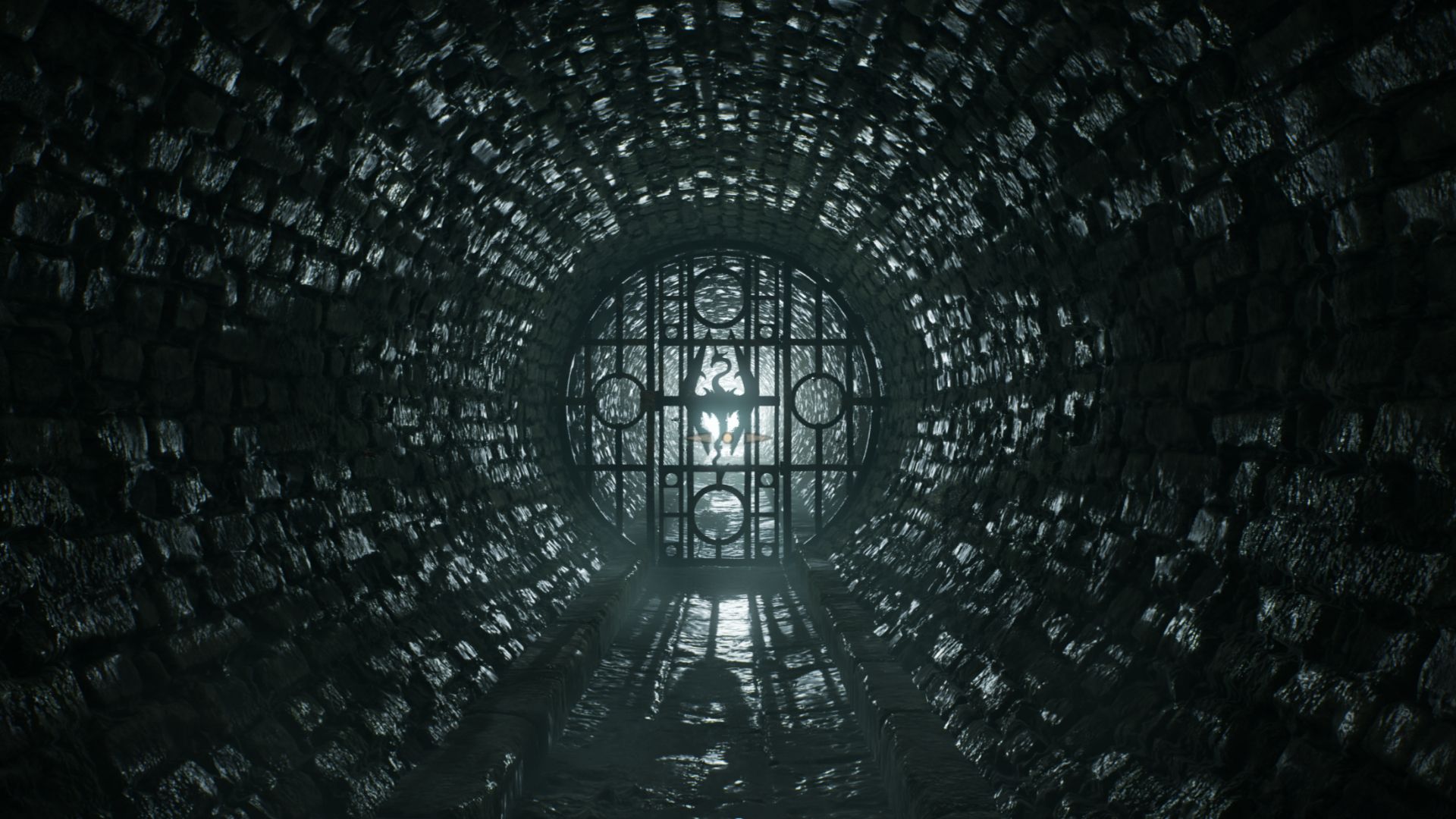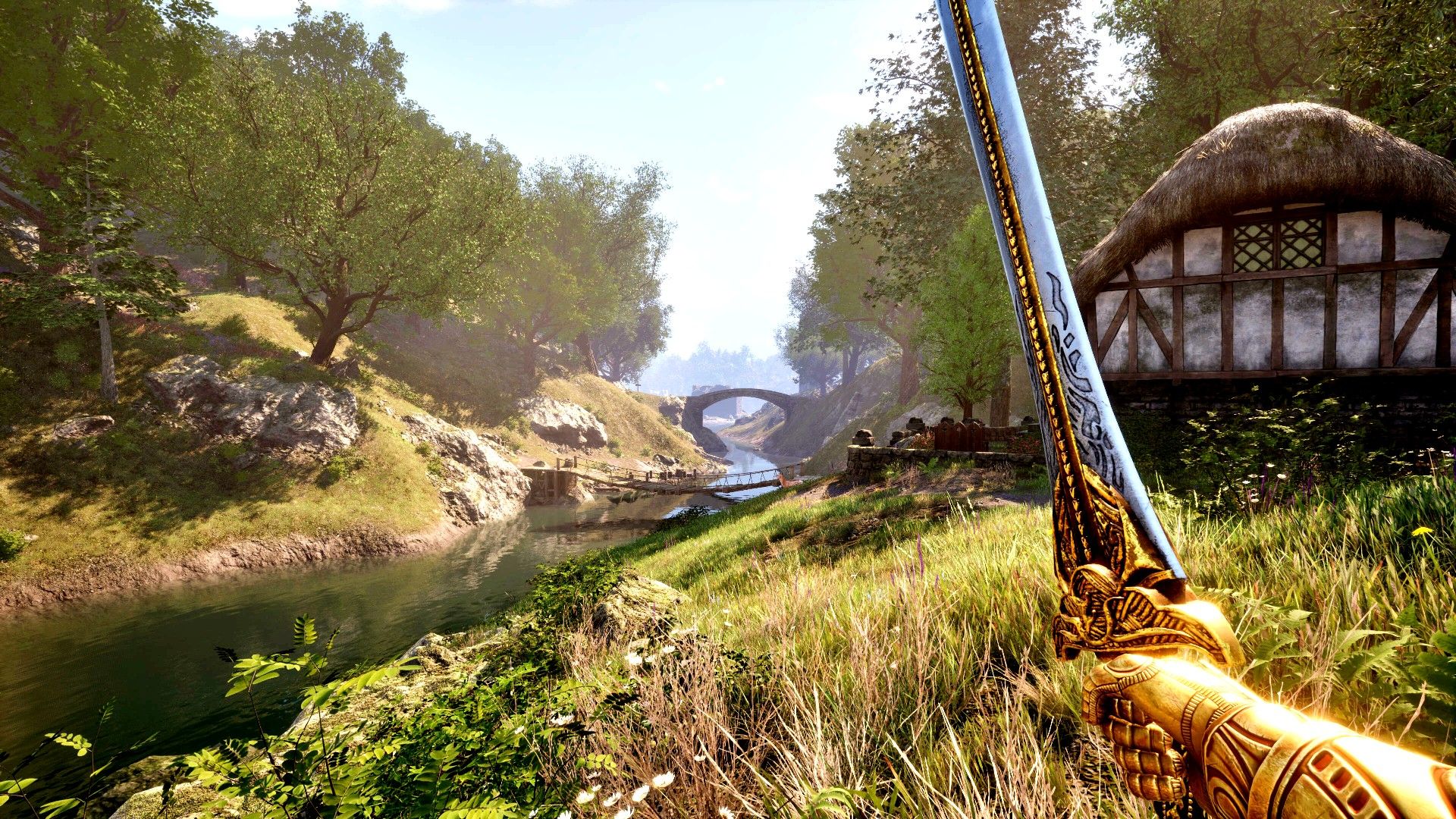Summary
- Oblivion Remastered sold impressively well in 2025, making it the third best-selling game of the year in the U.S.
- Remastering games is cheaper than developing new ones due to reusing assets and existing code.
- The success of Oblivion Remastered signals a potential increase in remasters of classic games with modern updates.
Oblivion Remastered likely did better than anyone could have expected from a remaster. The game sold very well, despite being available on Game Pass, so it’s time to accept that we may see a lot more Bethesda-style remasters in the future.
Oblivion Remastered Is One of the Top Games of 2025
The Elder Scrolls IV: Oblivion Remastered was a surprising commercial success. It’s quickly becoming one of the most popular games in 2025. Just a few weeks after its release, it earned an impressive spot as the third best-selling game of the year in the US, only behind the massive hits Monster Hunter Wilds and Assassin’s Creed Shadows. Bethesda tweeted that the game has four million players already.
This strong ranking shows how widely appealing and successful the game was, especially since it was also available at the same time through Xbox Game Pass. You would think that games that are available for a fixed fee on Game Pass would get fewer sales, but that’s not the case this time around. Mat Piscatella, the executive director at Circana posted on Blue Sky that Oblivion Remastered “is already the 3rd best-selling game of 2025 in the US.”
The fact that Oblivion Remastered, a game first released in 2006, sold so well proves that many players are eager to return to older games that just need a boost to visuals and some gameplay tweaks. The game got very positive reviews on Steam and also scored 82 on Metacritic and a perfect 100 for player ratings on Open Critic (as of writing, anyway).
This success shows that players enjoy replaying old favorites and are willing to buy modernized versions. Even Crash Bandicoot and Spyro the Dragon saw players come flocking back when they were re-released. If anything, these games prove that a strong foundation can endure over decades.
The strong financial performance of Oblivion Remastered is evidence that there is a large and mostly unexplored market for this style of remaster. That’s something publishers are likely seeing right now. Older games can stand up against brand-new releases, and we now know this type of game can be as successful as a new game, both commercially and critically.
Remasters Cost Less to Make
Oblivion Remastered probably didn’t cost as much as it would first appear. Remastering existing games is much cheaper than making entirely new games. The main reason for this is that remastering takes less time and fewer resources. A remaster uses existing assets, story, and code, which serve as a base for improvements. This is very different from the huge investment needed for original game development, where everything must be made from scratch, including character models, lore, environments, game mechanics, and user interfaces.
Creating art is likely one of game development’s most time-consuming and expensive parts. Remasters tend to get new assets, but only where they are needed. They can even take the form of touch-ups that improve on what is already there, sometimes adding better textures or visual effects.
While new code might be written to add modern features or fix technical problems, the core gameplay and engine are already in place, needing only updates and optimizations. Quality assurance (QA) testing, another expensive step, also benefits from existing systems. Although new features must be tested, much of the original game’s functionality was thoroughly checked during its first release, cutting down on QA costs.
All these savings add up across the entire development process, making the total cost of a remaster much lower. You would be surprised how long games spend in pre-production, which is just coming up with ideas for the game. Staff must still be paid during that time, after all.
When you take away those extra costs, you get a much cheaper game with an existing fan base. Even after accounting for the cost of improving existing assets, adding new features, and marketing the remastered game, remasters can potentially bring in a much better return on investment compared to many new, original games.
There Was Very Little Marketing For Oblivion Remastered
The release of The Elder Scrolls IV: Oblivion Remastered did not follow the usual marketing strategies seen with big-budget AAA games. Instead of a protracted marketing campaign filled with trailers, big announcements at gaming events, and heavy promotion through media outlets, Bethesda and Microsoft just shadow dropped it when it was announced. They relied mostly on the leaks and natural excitement from fans.
The leaks started conversations online, building hype and sparking intense speculation right before the game was officially announced. This focus on word-of-mouth marketing, driven mostly by excited fans and gaming news sites reporting on leaks, was very different from the usual expensive, flashy marketing campaigns used for major game releases.
We don’t know if the leaks were purposeful or not, so let’s assume they were not. Either way, these leaks created a level of excitement that felt more genuine than what a standard marketing campaign might have achieved. It didn’t leave much time for players to lose their excitement because the leaks appeared just a few days before the surprise release that anyone paying attention was anticipating.
One thing that we shouldn’t forget is that Oblivion Remastered has been shadow-marketed for over a decade. Fan project Skyblivion was officially announced and started back in 2012. While these kinds of projects have their problems, they also do a lot of good. For 13 years, players have been watching and anticipating a great Oblivion remaster on a modern engine. So the seed had been planted for a while.
In fact, it probably helped a lot that many fans were familiar with how Skyblivion was looking, and the Oblivion Remaster clearly looks better. So an already-eager fan base was surprised by a big upgrade in visuals. It’s important not to disregard how much Skyblivion probably helped with marketing Oblivion Remastered by at least keeping the possibility in players’ minds.
We’ll Likely See Many More Remasters Soon
Trends tend to take over the industry because publishers see certain games make money and want to cash in while they can. I’ve lived through plenty of skate, music-centric, and battle royale games, and trend hopping will never stop because it works a lot of the time. The Elder Scrolls IV: Oblivion Remastered just proved remasters can make a lot of money.
The clear success of Oblivion Remastered could signal a major change in the video game industry, pointing toward a future filled with remasters that look almost like remakes. A lot of people thought Oblivion Remastered was a remake, but it’s not. Remakes are completely new games that take inspiration from the original and are built from the ground up, while remasters improve and upgrade the original game without changing its core structure.
This is important because remakes are taken a lot more seriously than remasters and players tend to give up money for them like they would with a regular triple-A game. It’s not hard to notice that Bethesda found a way to make a remaster look like a remake and tap into that buzz.
Publishers, who need to focus on making money, will probably see Oblivion Remastered as a model for success. The relatively low risk and high reward of these projects make them a pretty attractive option compared to the expensive and unpredictable process of developing original games or full-scale remakes.
We’ll hopefully see a lot of already-great games remade in interesting ways. There are plenty of games that should get a Bethesda-style remaster, after all.
I can’t imagine a world where the success of Oblivion Remastered is ignored by publishers. So get ready to hear a lot about older games coming back, and make sure to be vocal about what you want to see get this treatment.











Leave a Comment
Your email address will not be published. Required fields are marked *